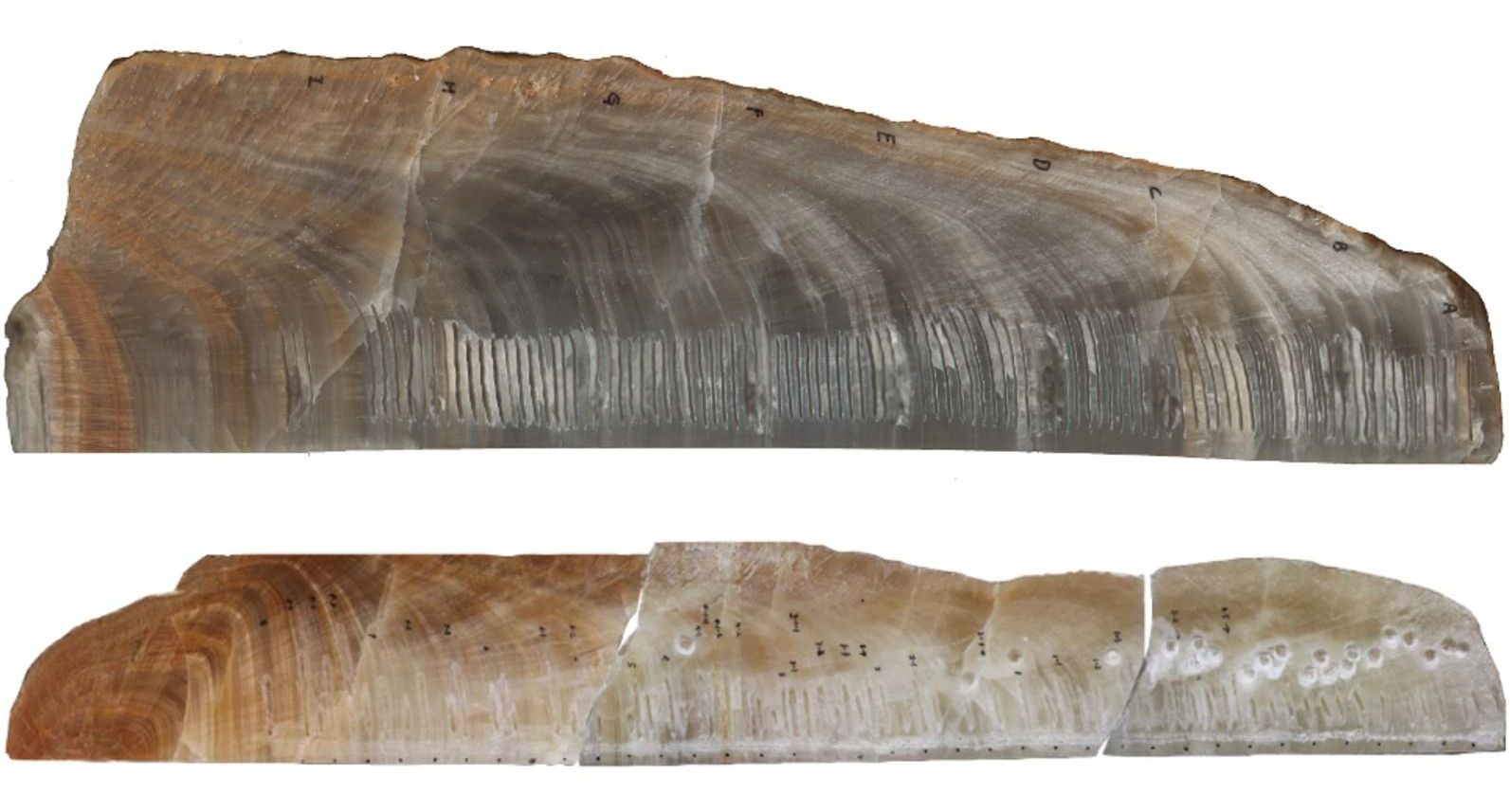Since its inception in the 1950s, radiocarbon dating has proven indispensable to archaeologists and climate scientists, who rely on the technique to accurately date organic compounds. But a good thing just got better, owing to the discovery of two stalagmites in a Chinese cave containing a seamless chronological atmospheric record dating back to the last Ice Age.
An unbroken, high-resolution record of atmospheric carbon-12 and carbon-14 was found in a pair of stalagmites located within Hulu Cave near Nanjing, China, according to new research published today in Science. Because this record extends back to the last glacial period, to around 54,000 years ago, scientists are now equipped with a more accurate standard for use in radiocarbon calibration.
